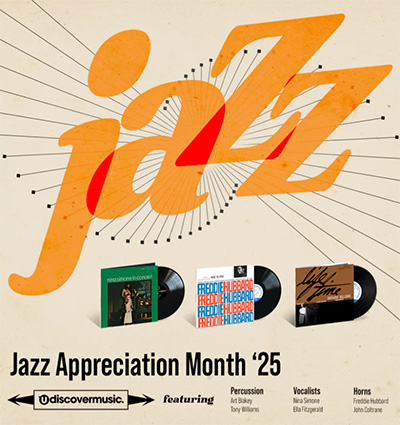Bennie Maupin holds the distinction of being the only musician to play on both Miles Davis’s Bitches Brew and Herbie Hancock’s Head Hunters – the two most historically significant albums of jazz’s late ’60s/early ’70s foray into rock and funk. This alone makes him a key figure in the evolution of fusion. But Maupin’s status as a versatile woodwind player (commandeering tenor and soprano saxophone, bass clarinet, and flute) was seeded well prior, having served as a sideman in groups led by Marion Brown, Horace Silver, Lee Morgan, and others within the hard-bop/post-bop circuit. Neither was his adaptability confined to varied instrumentation. As a soloist Maupin could be as lyrical, robust or harmonically adventurous as the context demanded – qualities that made him ideal for the intrepid explorations of Davis’s electric period (appearing on Big Fun, On the Corner, and Jack Johnson) and Hancock’s experimental Mwandishi ensemble. As a composer, he might as readily contribute an ethereal slowburn beauty like “Neophilia” to Morgan’s quintet, as he could the main riffs to Hancock’s Head Hunters smash, “Chameleon” – the track that propelled the entire jazz-funk subgenre forward.
Maupin’s first recording as a leader, 1974’s gorgeous The Jewel and the Lotus, emphasized the meditative qualities of his work. Three years later – and concurrent with his tenure as a member of the Headhunters band – Slow Traffic to the Right, sees him marrying this approach (as represented by the lovely “Eternal Flame” and “Lament”) to a more conventionally commercial sound. In lesser hands this might prove problematic. However Maupin’s vision and execution – in tandem with frequent collaborators like bassist Paul Jackson, trumpeter Eddie Henderson, and producer Patrick Gleeson, amongst others – never feels imbalanced. Introduced by a striking melodic progression before giving way to a punchy motif in the “Chameleon” mode, “It Remains To Be Seen” catches fire via solos from Maupin on saxophone and a dazzling Patrice Rushen on keyboards. When the piece pauses from its danceable handclap groove into contemplation, it’s revealed – through Maupin’s hymnlike vocal – that the title isn’t skeptical at all, but hopeful: “Peace for the world will be seen/ Because one man had a dream.” “You Know the Deal” is less conceptually ambitious but musically even tighter – a downtempo number bursting with funky intricacies that would make it ripe for sampling by hip-hop producers like Madlib and Mr. Attic decades down the line.
“Water Torture” and “Quasar” – two Maupin compositions initially recorded with the Mwandishi band – reflect their author’s skill for reinvention. In the former’s previous incarnation, it was an epic 14-minute journey evocative of harrowing historical and mythological passages. Here, slimmed down to its slinky theme, it’s transformed into a sleek soundtrack for late ’70s street navigation. Similarly, where the Mdwandishi crew’s “Quasar” employed the tune’s 7/4 theme as the liftoff for impressionistic, abstract improvisation, Slow Traffic’s terrific “Quasar” reboot maximizes the composition’s melodic strength. The ultimate team-player on his own recording date, Maupin doesn’t even take a proper solo. Instead he keeps his flute and saxophone couched comfortably within the production’s lush orchestration as it builds to a fervent peak – a moment of beauty and exhilaration exemplary of Bennie Maupin’s selfless gifts.
Order Slow Traffic to the Right by Bennie Maupin on vinyl now.





